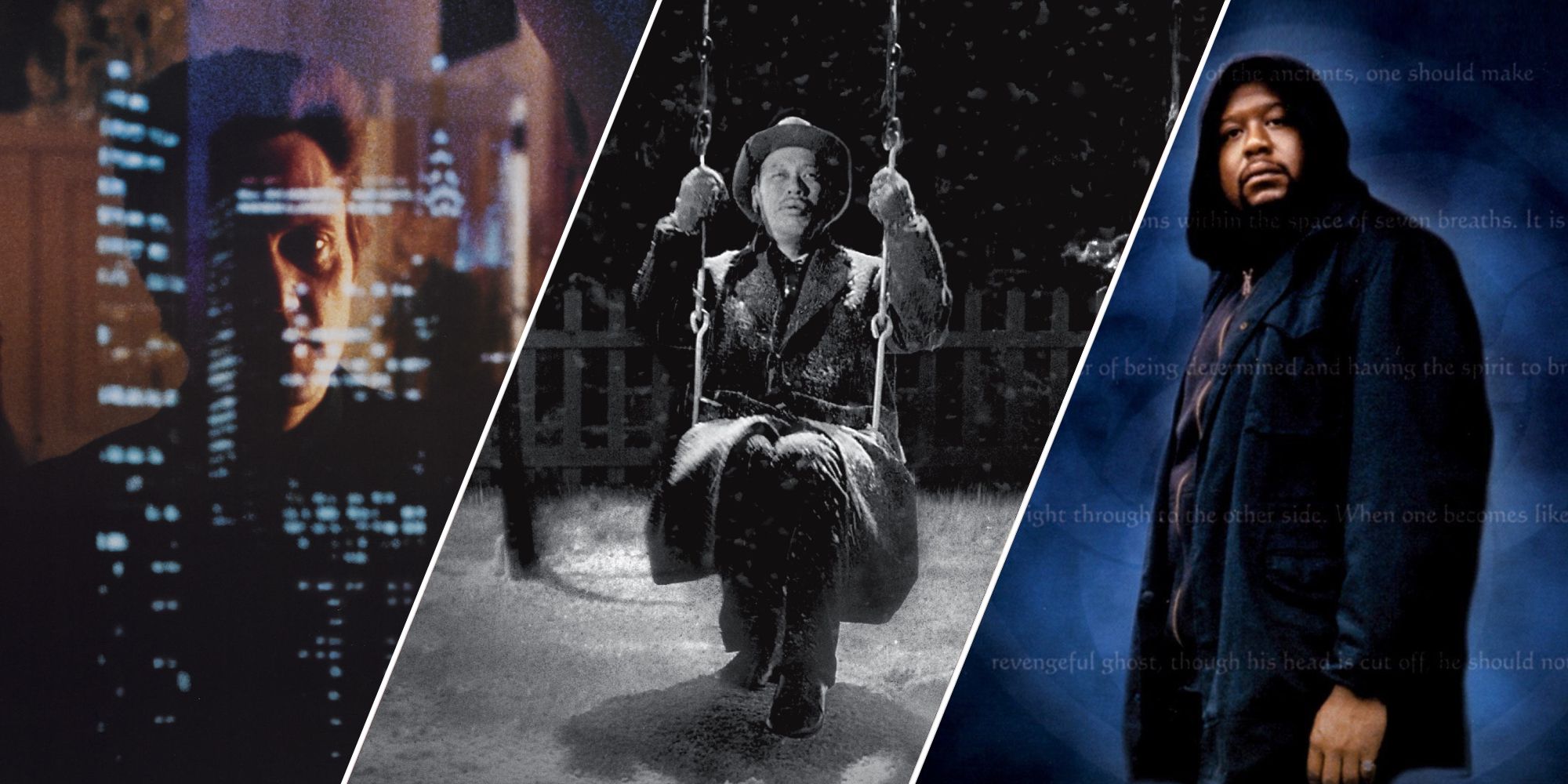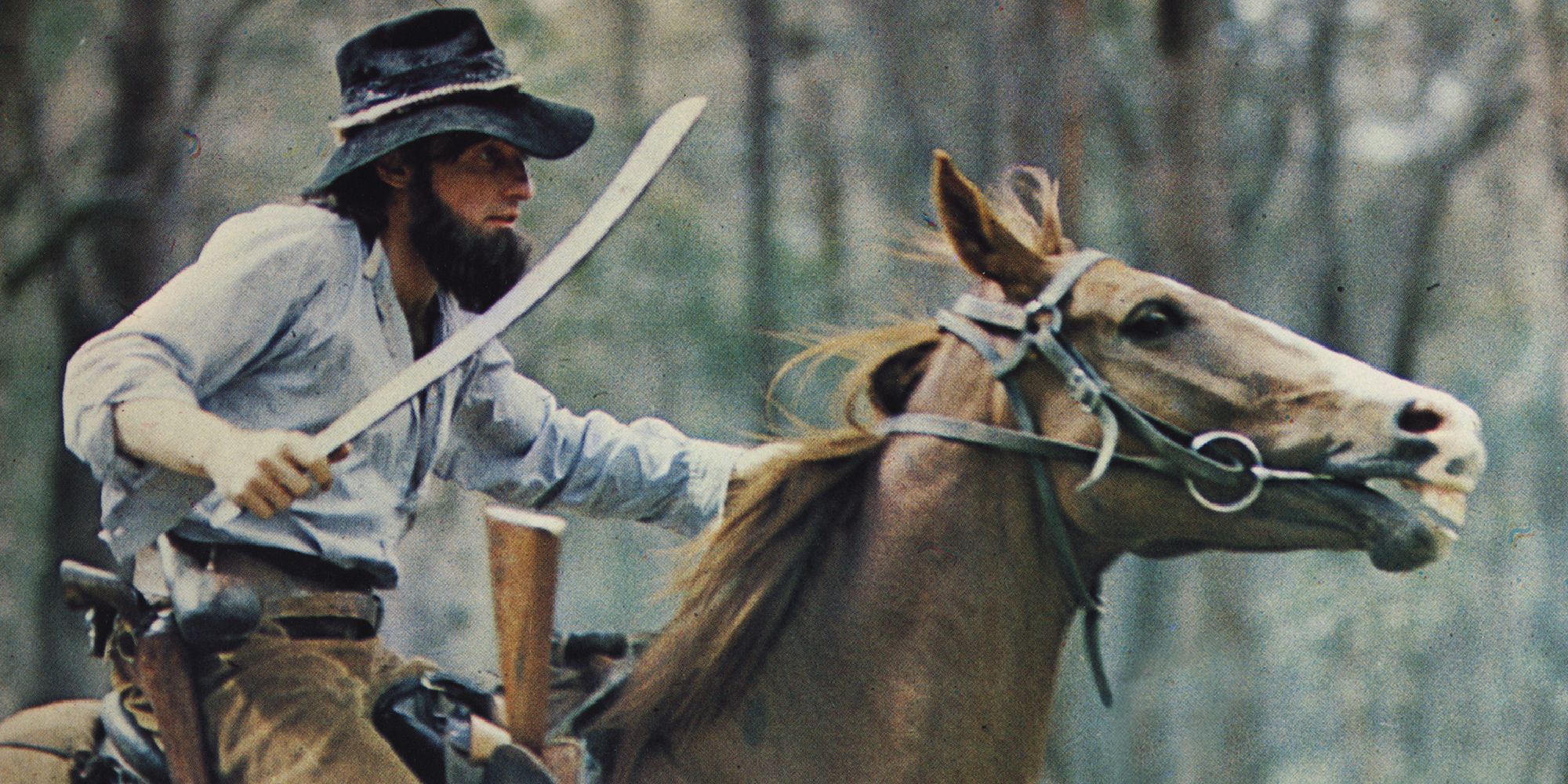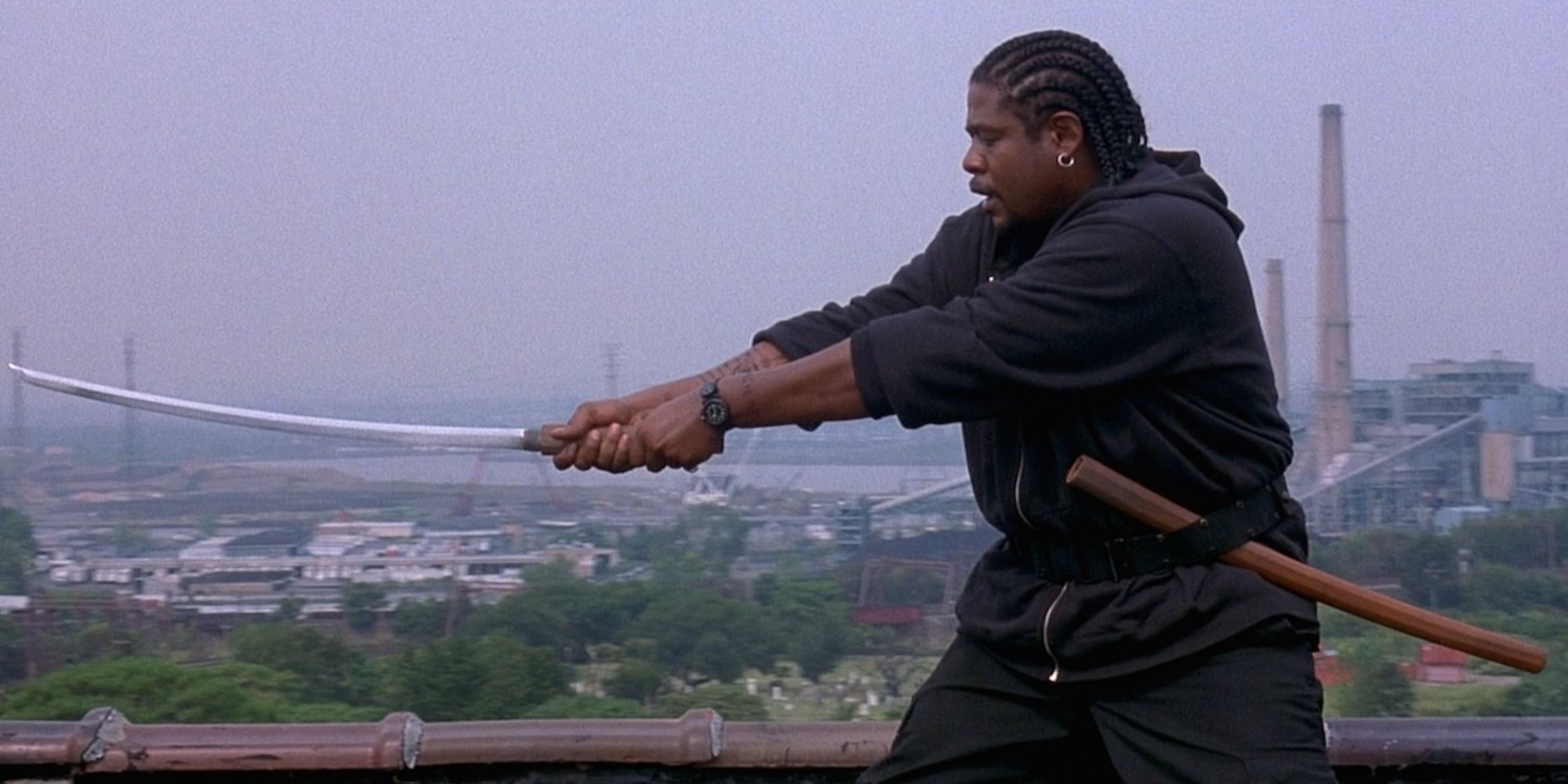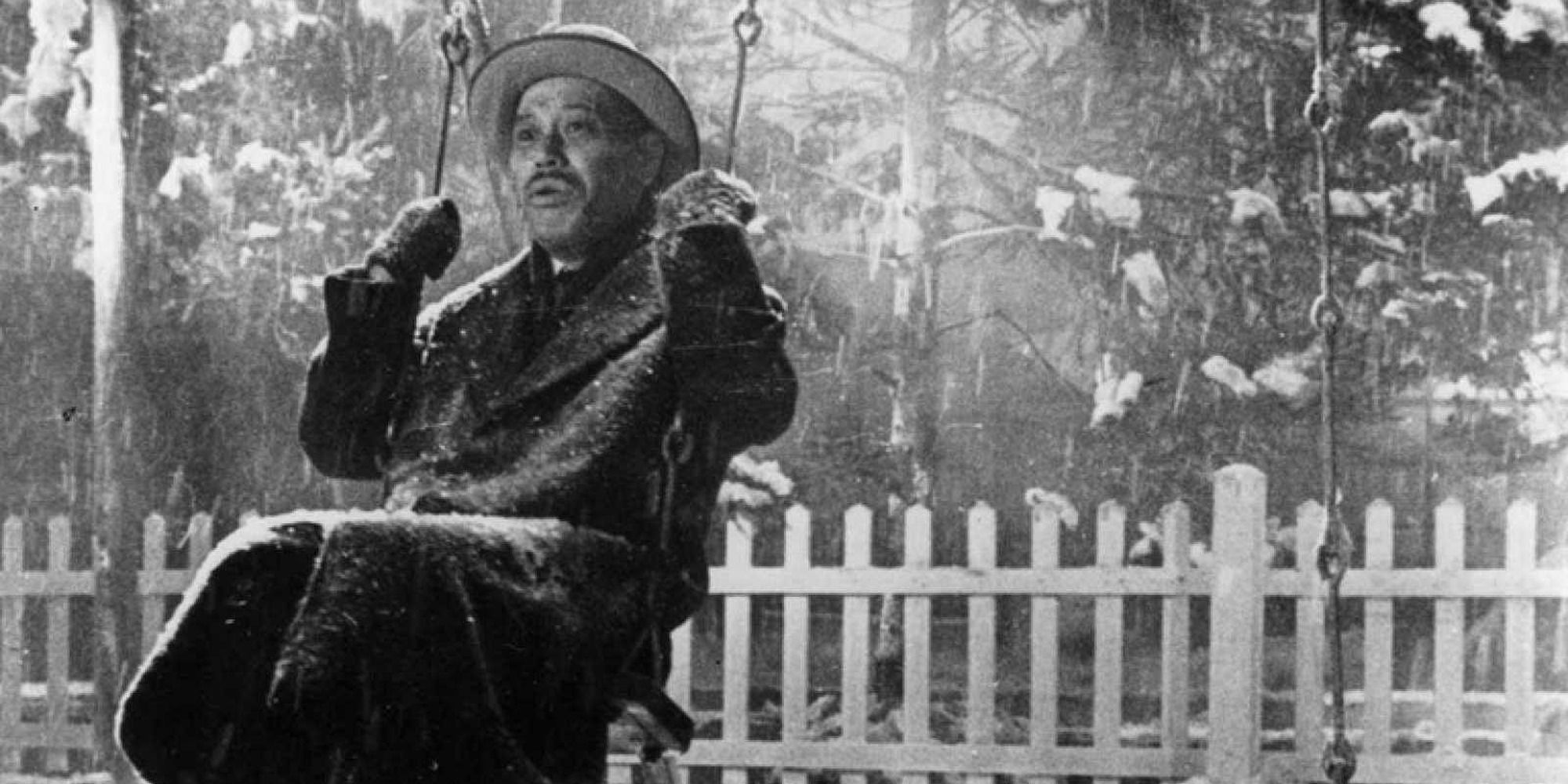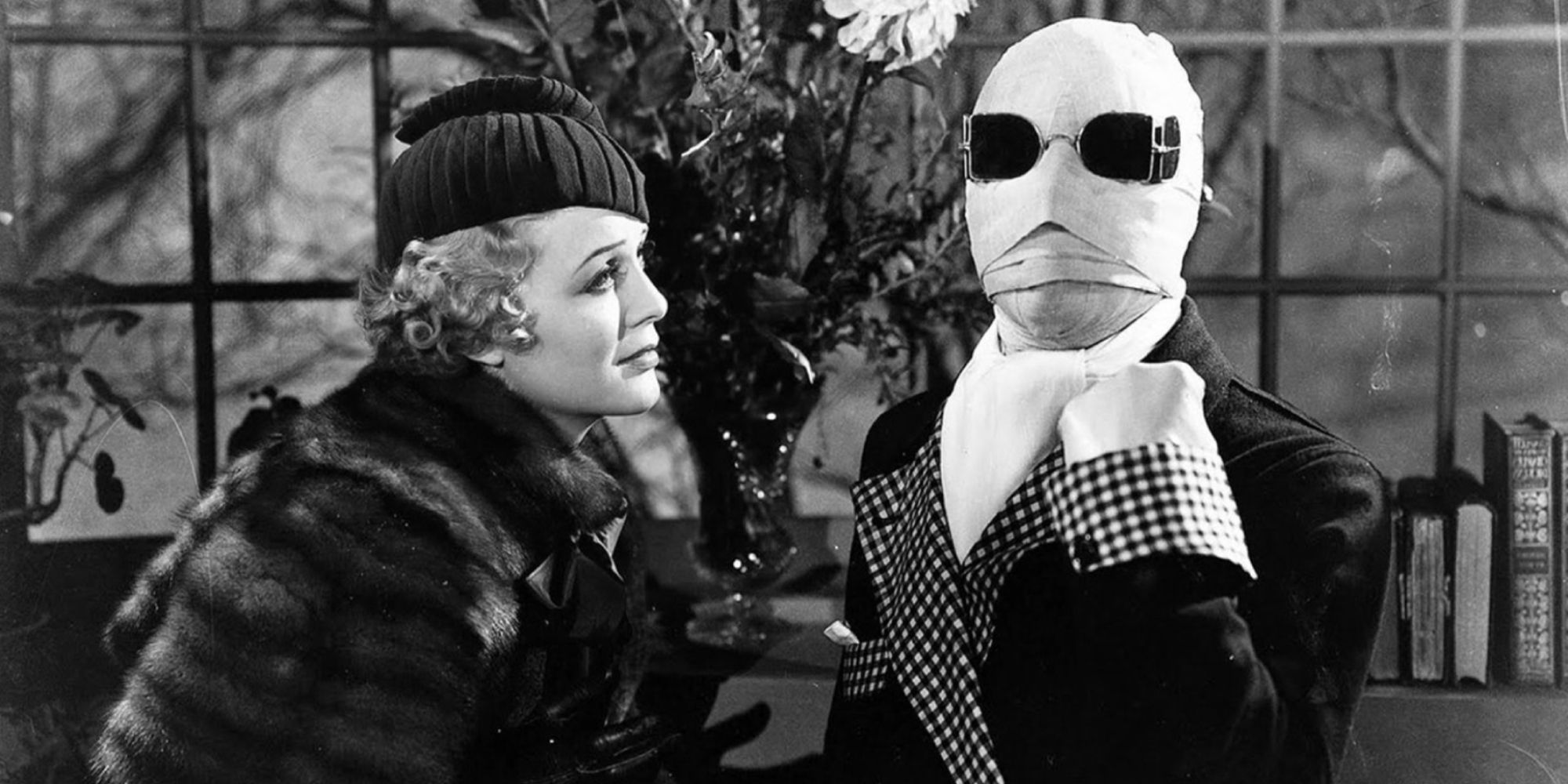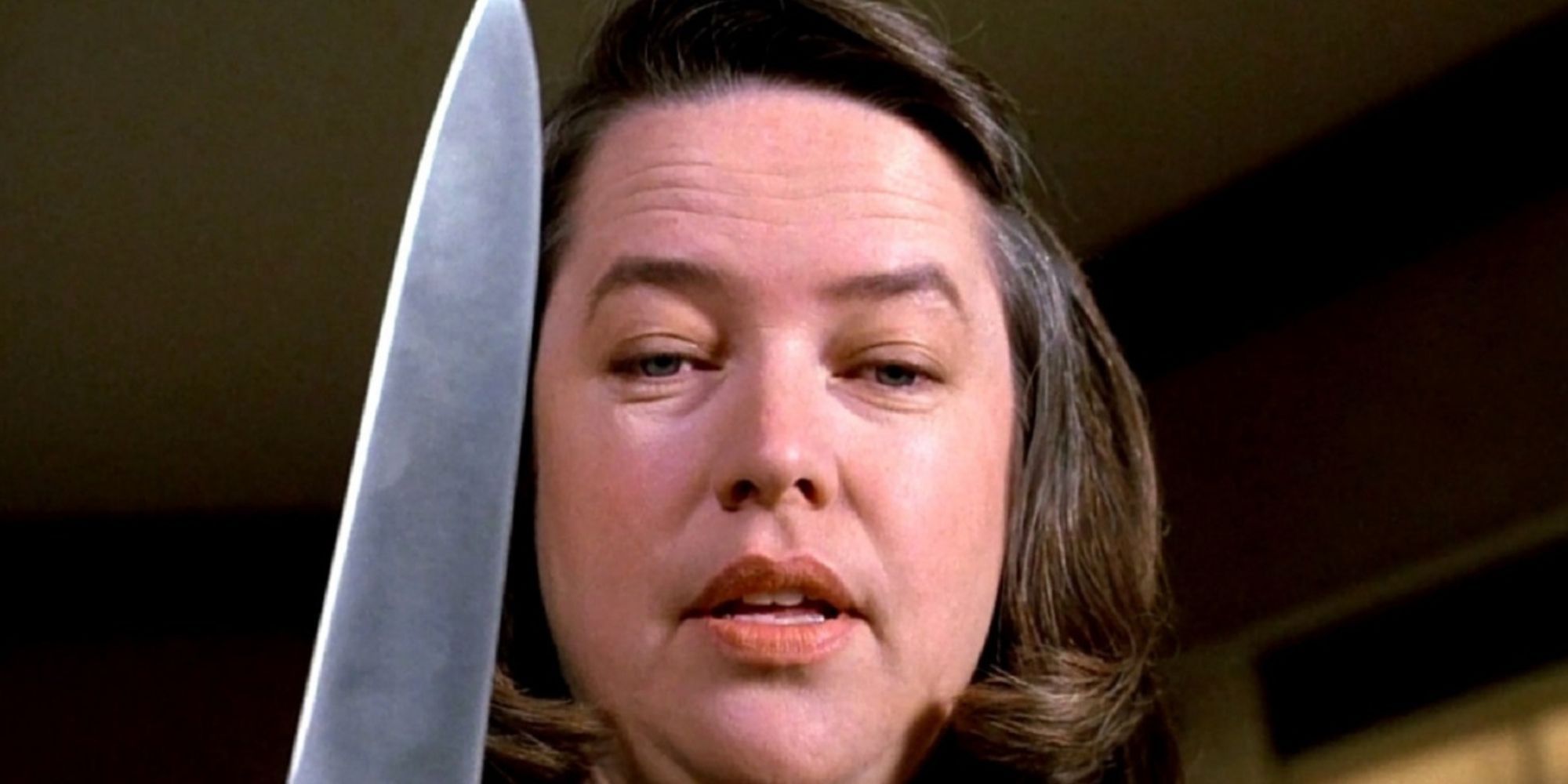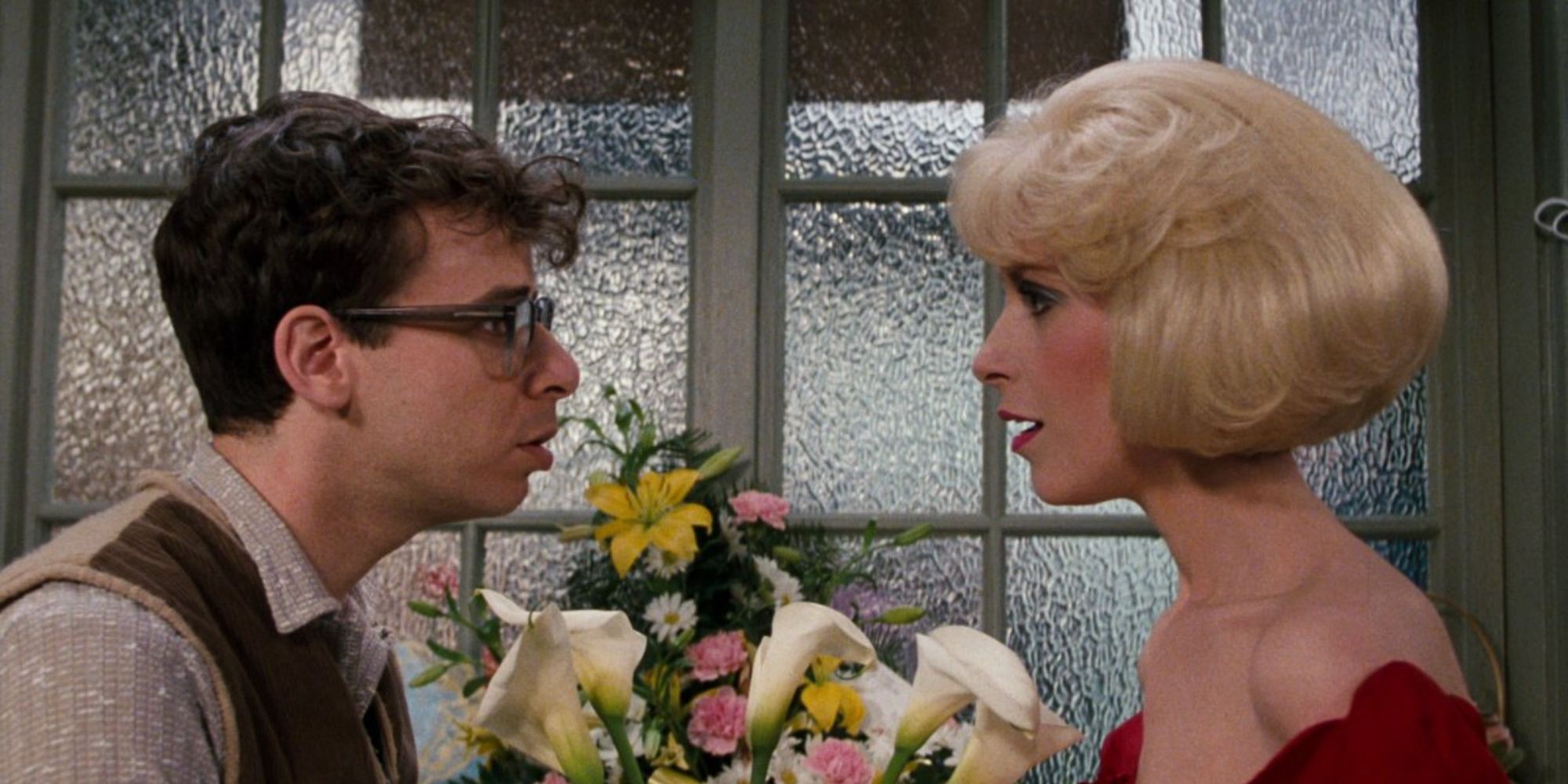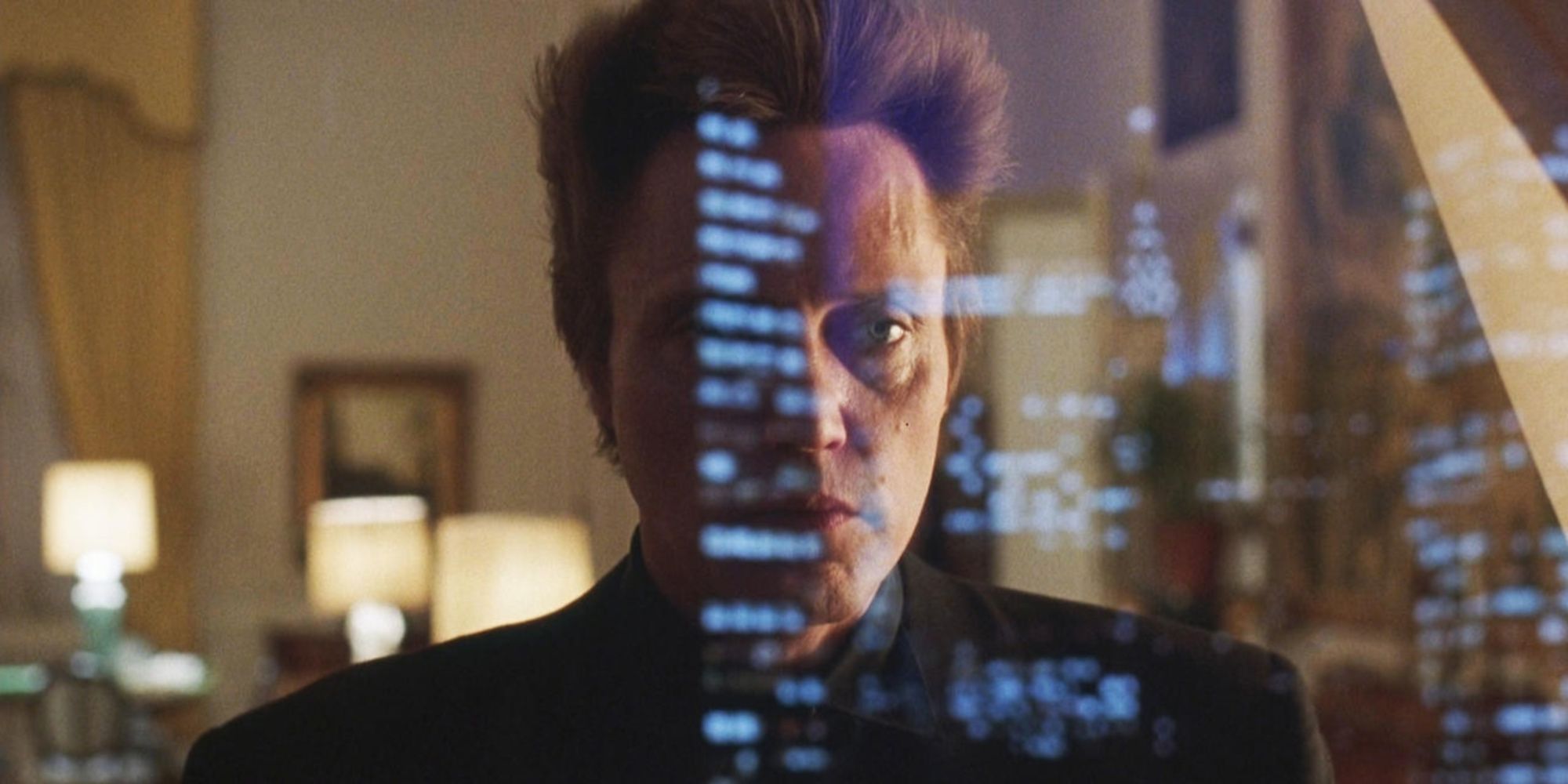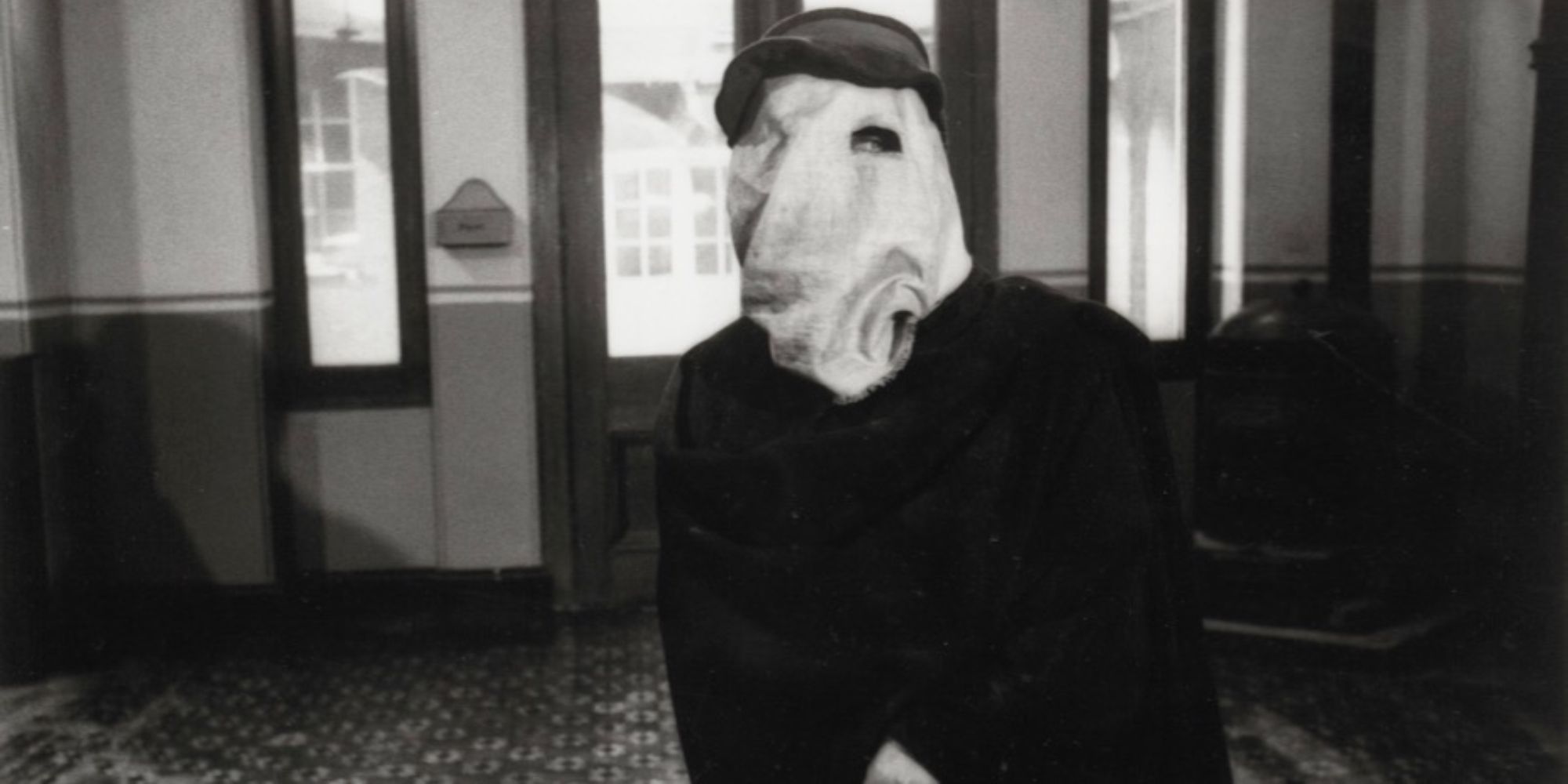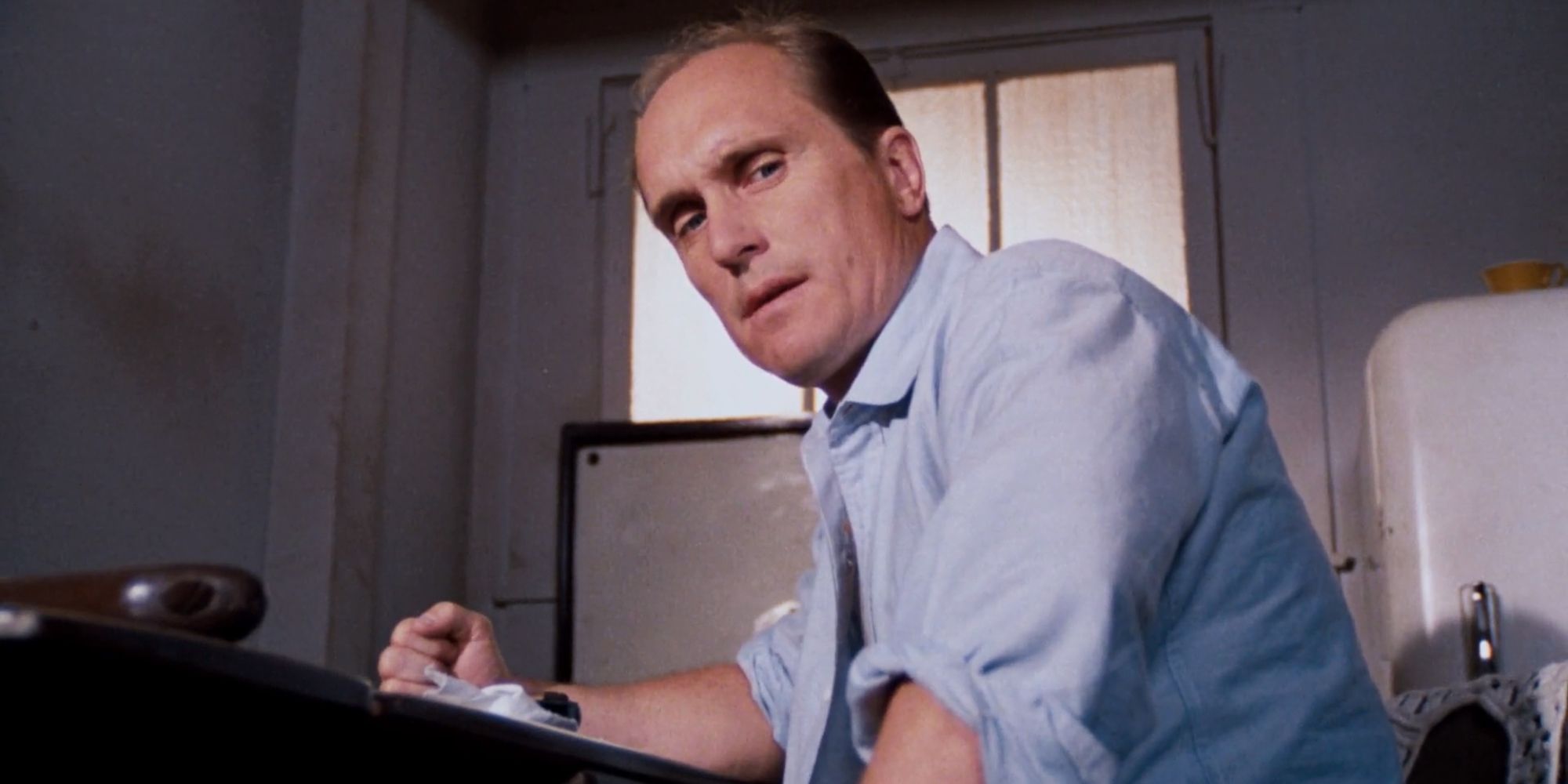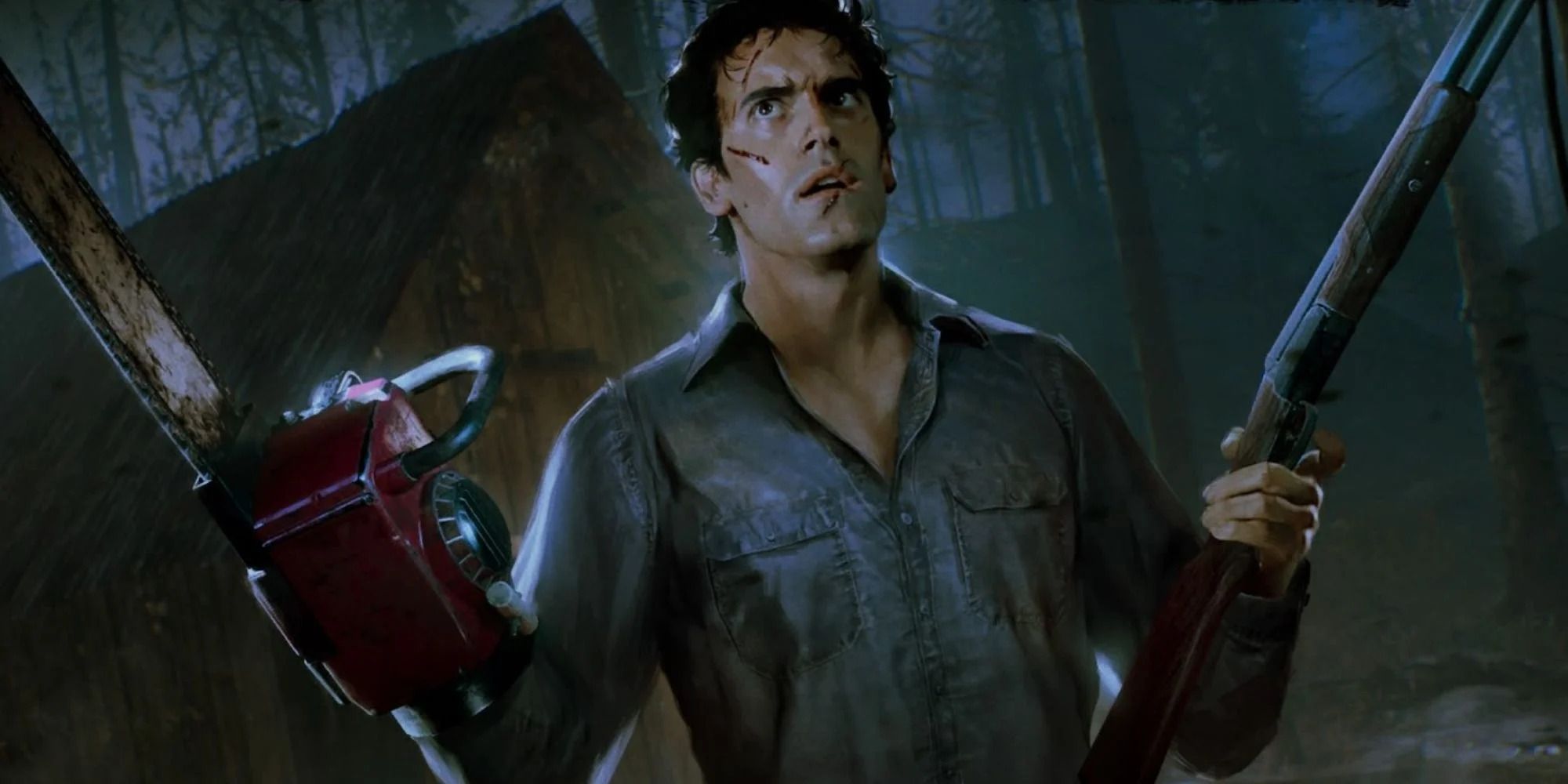There are numerous actors out there who are best known for their supporting roles. Whether they're referred to as character actors or supporting actors, they specialize in showing up in maybe just a handful of scenes, yet walk away stealing the movie. They may not appear front and center on a movie's poster, but if they're perfectly cast in memorable roles, they can emerge as the best part of any film they appear in.
It's unfortunate then that some don't get to shine in lead roles very often, because sometimes that's the best way for an actor to showcase their full talents. The following actors are most frequently cast in supporting roles (or sometimes even just one-scene cameos), but have all had at least one opportunity to be a film's star. In each case, they've proven themselves capable of leading a movie just as well as the times when they're in a supporting role, or as part of an ensemble cast.
Dennis Hopper in 'Mad Dog Morgan' (1976)
Dennis Hopper is best known for doing one of two things in just about any movie he appears in. He's often an incredibly effective, scenery-chewing villain (see Blue Velvet, Speed, or even Super Mario Bros), or he shows up in just a scene or two and injects the film with some weird, offbeat energy (see Apocalypse Now or River's Edge).
Either way, he often appears in a supporting role, which makes his turn in Mad Dog Morgan as the titular antihero bushranger all the more notable. It's a gritty, dark, and often bizarre crime/Western movie where Hopper gets to be bizarrely compelling in the way only he can, but is given a starring role at the same time, making it a must-watch for fans of his more famous supporting performances.
Forest Whitaker in 'Ghost Dog: The Way of the Samurai' (1999)
Even when Forest Whitaker won an Oscar for Best Actor in a Leading Role for The Last King of Scotland, you could argue James McAvoy played the protagonist, or at least that their screentime was comparable. His other well-known roles often have him as part of a supporting cast, such as in Rogue One, the first Black Panther, and Platoon.
Ghost Dog: The Way of the Samurai marks one instance where Whitaker got to unequivocally carry a movie in a leading role, and he really shines. It's a movie that expertly blends the gangster and samurai sub-genres, being about a lone hitman who upholds samurai values, and makes for an engaging watch with a great central performance from Whitaker.
Takashi Shimura in 'Ikiru' (1952)
Akira Kurosawa was a filmmaker who regularly featured his favorite actors in numerous films of his. Toshiro Mifune was probably the most well-known of these actors, and Mifune got the starring role in many Kurosawa movies. But Takashi Shimura was equally important, even if he was more often featured in Kurosawa movies in supporting roles.
Shimura also appears in multiple Japanese sci-fi and samurai movies, being a staple of Japanese cinema from the 1930s until his death in 1982. But it's Kurosawa's Ikiru that gave him perhaps his best role, and a rare instance where he was the star, playing a bureaucrat whose outlook on life drastically changes after a cancer diagnosis. It's a quiet and deeply moving film, representing a high point in the careers of both Shimura and Kurosawa.
Claude Rains in 'The Invisible Man' (1933)
As referenced in the opening song of The Rocky Horror Picture Show, "Claude Rains was The Invisible Man." He was also an extremely prolific supporting actor during the Golden Age of Hollywood, stealing scenes in films like Casablanca, Notorious, and The Adventures of Robin Hood.
He's undoubtedly the lead in the original Invisible Man movie, though it's ironic that his character is invisible for much of the movie, leading to his face being seen far less than most of the other characters. Still, he makes the role his own, with his voice and physical presence being all that's needed to make this a memorable lead performance.
Kathy Bates in 'Misery' (1990)
While Kathy Bates's most iconic role is that of the crazed and terrifying Annie Wilkes in Misery, it's not a role that represents most of her films. She's often a supporting character in comedies (like About Schmidt) or effective at being the comedic relief in more serious films (like Titanic).
Misery sees her as a co-lead with James Caan, who plays the author Annie rescues then holds captive for much of the film's runtime. She does undeniably dominate the movie, even if Caan has a similar amount of screentime and also turns in an excellent performance.
Rick Moranis in 'Little Shop of Horrors' (1986)
Rick Moranis is a staple of many classic 1980s and 1990s movies, and more often than not pops up in supporting roles. He's probably best known for the Ghostbusters movies, Spaceballs, and Parenthood, though he did get to play the lead in the Honey, I Shrunk the Kids films.
The best of his relatively rare starring roles would have to be in the darkly funny musical Little Shop of Horrors, where he plays the hapless hero, Seymour Krelborn. It's also unexpected to see him lead a musical, but he makes the role his own, and also isn't afraid to let the film's giant singing plant Audrey II steal the scenes it appears in.
Christopher Walken in 'King of New York' (1990)
One of the undisputed masters of stealing a movie with next to no screentime is Christopher Walken. Look no further than something like Pulp Fiction, where his single scene is one of the film's most well-known, or other 1990s movies like The Addiction and True Romance where he essentially does the same.
He's had occasional lead roles throughout his decades-long acting career, with the best of those being his turn as a drug kingpin seeking redemption in the gritty crime movie King of New York. It's an unexpectedly understated performance from Walken, showing how he's just as skilled at playing a cold, calculating leader as he is an eccentric, scene-stealing supporting character.
John Hurt in 'The Elephant Man' (1980)
John Hurt appeared in around 200 movies throughout his extensive career, and might be best known for his roles in Alien, the Harry Potter movies, and V for Vendetta. He was one of the most reliable character actors of all time, bringing gravitas and dedication to whatever role he played, no matter how big or small it was.
His lead roles were less common, but he shone particularly bright in the role of John Merrick, AKA the titular character of The Elephant Man. His performance is aided by the film's impressive makeup, but it's Hurt who was instrumental in making the character so tragic and sympathetic, and a big reason why The Elephant Man's one of the hardest-hitting historical dramas of all time.
Robert Duvall in 'The Outfit' (1973)
Robert Duvall's an actor who's been acting consistently since the 1960s, with his first notable role being a minor one: that of Boo Radley in To Kill a Mockingbird. The 1970s was the decade that gave Duvall his best-known supporting roles though, as he was an acting force to be reckoned with as lawyer Tom Hagen in The Godfather I and II, and then as Lieutenant Colonel Bill Kilgore in Apocalypse Now.
It's surprising that such a great actor has had comparatively few starring roles, but there have been a few here and there. One of the best would have to be his lead performance in The Outfit, a stylish, slick, and underrated crime film about a small-time criminal seeking revenge against the Mafia.
Bruce Campbell in 'The Evil Dead Trilogy' (1981-1992)
Why Bruce Campbell isn't a more well-known leading man is anyone's guess. The Evil Dead trilogy is one where he gets to do it all as a lead actor, delivering when the series is in full-on horror mode (1981's The Evil Dead), when it's balancing horror and comedy (1987's Evil Dead II), and when it abandons horror altogether and focuses on action and comedy (1992's Army of Darkness).
When it comes to exploring Campbell's movies where he isn't playing Ash Williams, on the other hand, lead roles are harder to find. He's had plenty of cameos (often in non-Evil Dead movies directed by Sam Raimi, or in some Coen Brothers movies), but his performance as Ash has always been his best-known (and overall best) role.

